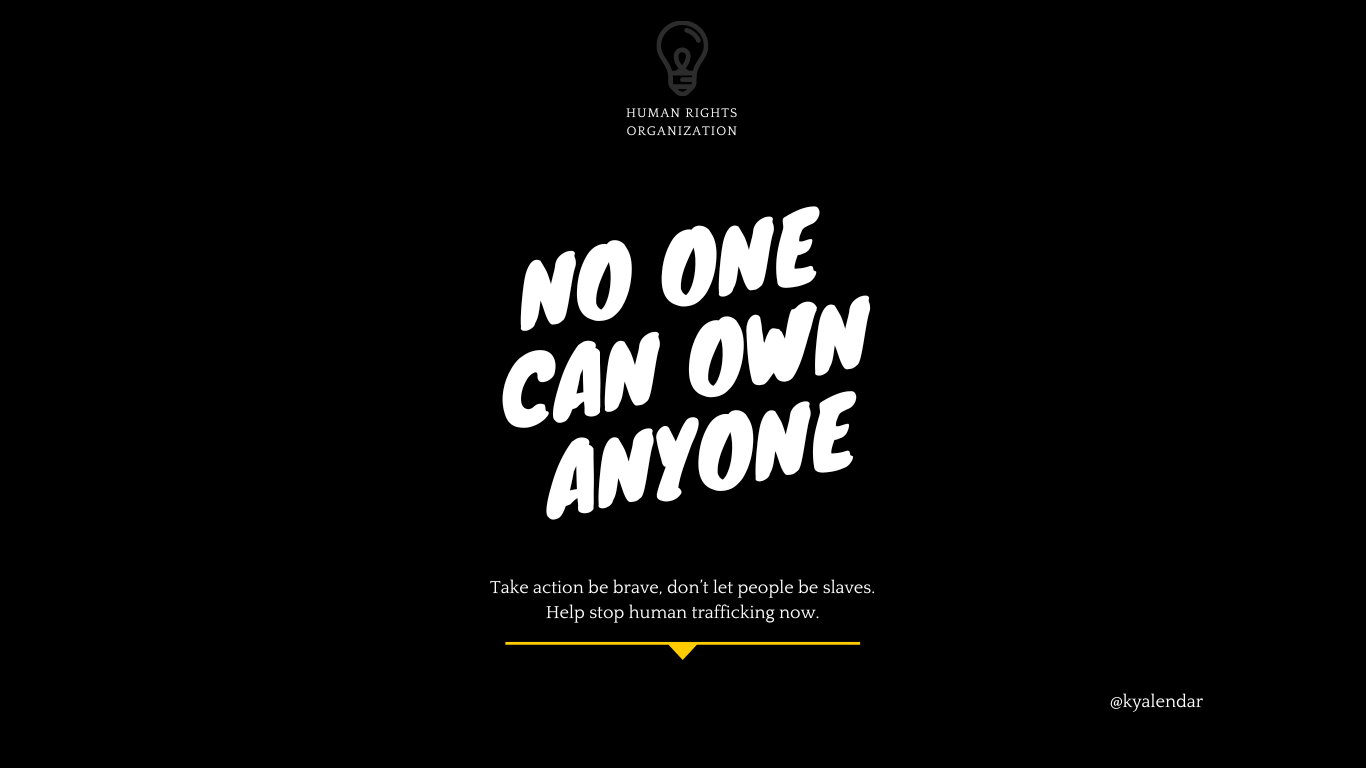
- This event has passed.
World Day Against Trafficking in Persons
July 30

World Day Against Trafficking in Persons is observed annually on July 30th to raise awareness about human trafficking, promote the protection of trafficking victims, and encourage action to combat this global issue. Established by the United Nations General Assembly in 2013, this day emphasizes the plight of human trafficking victims and the importance of strengthening global efforts to prevent and address human trafficking.
Purpose and Objectives
The primary objectives of World Day Against Trafficking in Persons are:
- Raise Awareness: Increase global understanding of human trafficking, its impacts, and the need for comprehensive responses.
- Promote Victim Protection: Advocate for measures that protect and support trafficking victims, ensuring their rights and dignity are upheld.
- Encourage Action: Mobilize individuals, governments, and organizations to take concrete steps to combat human trafficking.
- Strengthen Partnerships: Foster collaboration between various stakeholders to effectively tackle human trafficking.
Key Themes and Focus
Each year, World Day Against Trafficking in Persons focuses on specific themes to highlight different aspects of the issue. Recent themes have included:
- 2023: “Reach every victim of trafficking, leave no one behind” – Emphasizing the need to identify and support all victims of trafficking, including those in vulnerable and marginalized communities.
- 2022: “Use and Abuse of Technology” – Highlighting how technology can both facilitate and combat human trafficking.
Understanding Human Trafficking
Human trafficking involves the recruitment, transportation, transfer, harboring, or receipt of persons through force, fraud, or coercion for the purpose of exploitation. This exploitation can take various forms, including:
- Sex Trafficking: Forcing individuals into commercial sex acts.
- Labor Trafficking: Coercing individuals into labor or services against their will.
- Child Trafficking: Exploiting children for labor, sex, or other forms of exploitation.
- Organ Trafficking: Harvesting and selling organs without consent.
Global Impact
Human trafficking is a pervasive issue affecting every country in the world. Key statistics include:
- Over 24.9 million people are trapped in forced labor and sexual exploitation globally.
- Women and girls account for the majority of trafficking victims, particularly in sex trafficking.
- Migrants and refugees are particularly vulnerable to trafficking due to their precarious living situations and lack of legal protections.
Activities and Celebrations
World Day Against Trafficking in Persons is marked by various activities, such as:
- Public Awareness Campaigns: Media campaigns, social media initiatives, and public service announcements to disseminate information about human trafficking.
- Educational Programs: Workshops, seminars, and webinars to educate the public and professionals about human trafficking and how to identify and support victims.
- Advocacy Efforts: Policy discussions and advocacy campaigns aimed at increasing political commitment and funding for anti-trafficking programs.
- Community Engagement: Local events and initiatives to engage communities in efforts to prevent and address human trafficking.
Importance of the Day
World Day Against Trafficking in Persons serves as a vital reminder of the need for ongoing global efforts to combat human trafficking. It underscores the importance of:
- Prevention: Implementing measures to prevent trafficking, such as education, awareness campaigns, and socioeconomic support for vulnerable populations.
- Protection: Ensuring that victims of trafficking receive the necessary support and services, including legal aid, healthcare, and psychological support.
- Prosecution: Strengthening legal frameworks and law enforcement efforts to prosecute traffickers and dismantle trafficking networks.
- Partnerships: Collaborating across borders and sectors to address the complex and transnational nature of human trafficking.
Conclusion
World Day Against Trafficking in Persons is a crucial global observance that highlights the severity of human trafficking and the need for comprehensive, coordinated action to combat it. It calls on individuals, communities, governments, and organizations to work together to protect victims, prevent trafficking, and prosecute offenders.